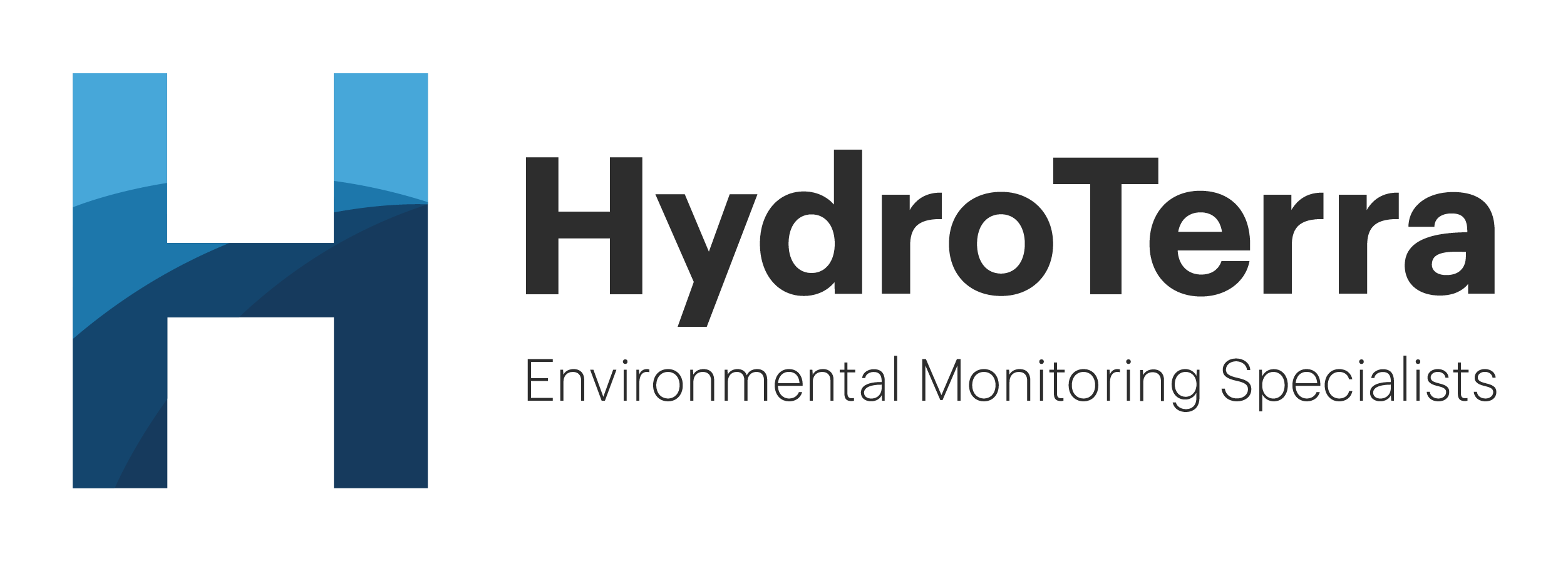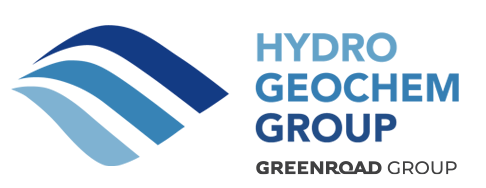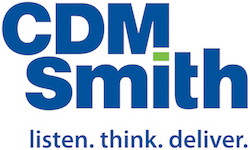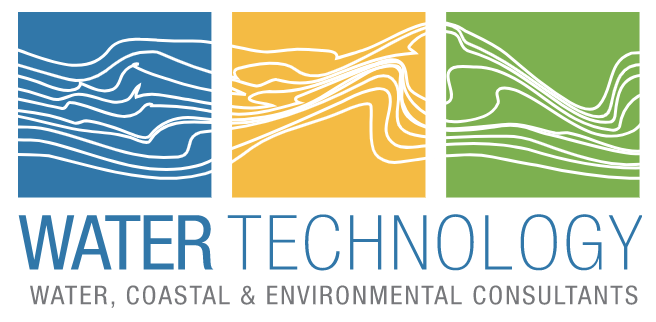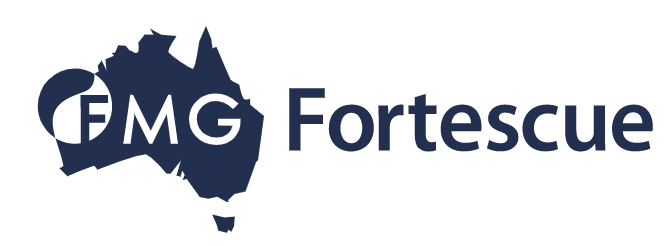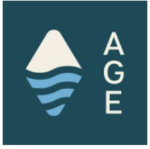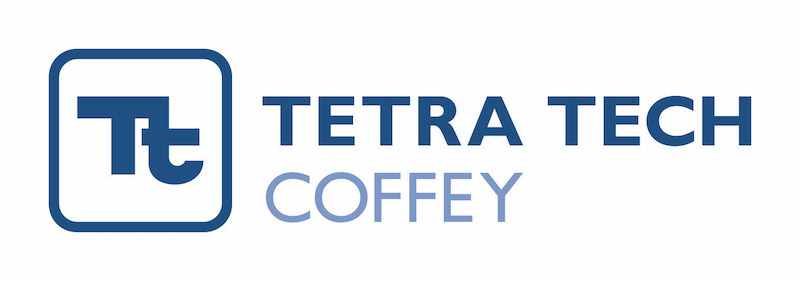PRESENTATIONS BY: PROFESSOR CHEN ZHU, PH.D.
NOVEMBER 16, 17, & 19 (4AM PERTH, 6.30 AM SA, 7.00 AM NSW)
DARCY LECTURES:
The Henry Darcy Distinguished Lecture Series in Groundwater Science fosters interest and excellence in groundwater science and technology. It was established in 1986 and named in in honor of Henry Darcy of France for his 1856 investigations that established the physical basis upon which groundwater hydrogeology has been studied ever since.
Each year, a panel of scientists and engineers invites an outstanding groundwater professional to share his or her work with their peers and students through this lecture series. The Darcy Lecture Series is most often presented at universities and professional associations throughout the world.
COVID-19 has necessitated changes be made to the traditional scheduling and presentations of the Darcy Lecture. As a result, this year’s Darcy Lectures will be held virtually, with the presentation and attendance delivered via Zoom.
This year’s virtual presentations will be delivered by Professor Chen Zhu (Ph.D), professor of Earth and Atmospheric Sciences, Haydn Murray Chair at Indiana University, and adjunct professor in the School of Public and Environmental Affairs and School of Public Health at Indiana University.
Registration for the Darcy Lectures are free. Registration can be completed using the following links:
Lecture 1: https://us02web.zoom.us/webinar/register/WN_nqhhF8SGSsal5aJqiwd6qA
Lecture 2: https://us02web.zoom.us/webinar/register/WN_4BnZMvOQR-OXYUI5ZTLVlw
Or by copying and pasting the links under the NGWA presentations (in schedule of presentations) on the Groundwater Foundation website: https://www.groundwater.org/lecture/darcy/darcy-schedule.html.
IMPORTANT NOTICE FOR IAH NSW MEMBERS:
The Darcy Lecture Series will replace the IAH NSW monthly technical presentation for the month of November. The next NSW IAH presentation will be held on 14th December featuring Brad Moggridge, who will be presenting insights into indigenous water knowledge. IAH Members are also welcomed to attend December holidays gathering (venue to be confirmed).
LECTURES:
The storage in deep saline aquifers of CO2 captured at point sources such as coal-fired power plants is a strategy that many regard as critical to limiting global warming to less than 2 degrees Celsius. But is Carbon Capture and Storage (CCS) safe? Might reactions between CO2, the native brine, and the host rocks modify the reservoir structure within ~10,000 years? Where does the injected CO2 go and what is its fate? Can CO2 escape to the overlying drinking water aquifers to cause unwanted reactions and degrade water quality? Our ability to understand and predict geochemical reactions in aquifers is critical for answering these questions.
This lecture will give an overview of geological carbon sequestration efforts and of the research advances in reaction kinetics and geochemical modeling necessary to predict the safety of CO2 storage. Recent innovative research by my students and collaborators on applying non-traditional stable isotope tracers in geochemical kinetics experiments has broken new ground in near-equilibrium reaction kinetics, which is critically relevant to CCS. The Mt. Simon Sandstone in the U.S. Midwest and the Sleipner Project in Norway represent planned and fully operational industrial-scale CO2 storage projects, respectively. I will present examples of numerical simulations of CO2 fate and geochemical reactions from both projects. The connections among the hydrosphere, lithosphere, and atmosphere as well as the overlap between basic science and pressing societal needs—the hallmark of groundwater sciences—become clear through a tour of the fascinating and intriguing CCS efforts around the world.
Chemical and isotopic processes occur in every segment of the hydrological cycle. Hydrogeochemistry — the groundwater subdiscipline that studies these processes — has seen a transformation from “witch’s brew” into a credible science. In particular, we have seen tremendous progress in four research areas: the use of isotopic and chemical tracers to quantify groundwater recharge and submarine groundwater discharge, the kinetics of chemical reactions in aquifers, the mineral-water interface’s control of contaminant fate and transport, and microbial processes’ effects on groundwater chemistry.
In the decades ahead, the siting of geological repositories for nuclear waste, geological carbon sequestration, intensified agriculture and nutrient runoff, and rapid urbanization in the less-developed world will challenge the sustainability of water resources in a warming climate. Hydrogeochemistry is front and center in efforts to address many important issues related to these challenges. As the research progresses, we will likely see watershed-scale models that closely link hydrogeochemistry to atmospheric processes and biogeochemical cycles. Technological breakthroughs in mass spectrometers, synchrotron-based techniques, remote logging using geochemical sensors, and big data science will help hydrogeochemistry play a bigger role in water resources management.
LECTURE 3: “WATERSHED-SCALE HYDROLOGICAL MODELS AS A COMMUNITY CYBERPLATFORM FOR RESEARCH, TEACHING, AND SERVICE TO SOCIETY”
The grand challenge of sustainability and climate adaptation research requires us as hydrological scientists to transform how we conduct science and how we communicate scientific results to society. Being a relatively politically neutral topic, water resource planning is continually on the docket and cries out for effective communication between scientists and policymakers. Projections of changes in the hydrological cycle are key components of local, regional, and national planning efforts and at the same time provide “upstream” data for “downstream” climate adaptation research such as biodiversity and species migration.
In this presentation, I will share our trials and tribulations of developing a community cyberplatform, https://futurewater.indiana.edu, the core of which is coupled surface-water and groundwater models of the Wabash River basin. The water cycle is predicted to the year 2100 under two Representative Concentration Pathways (4.5 and 8.5) using climate data from an ensemble of 10 general circulation climate models. The models are run and stored on Indiana University’s vast supercomputers. A large team across many disciplines at the university has been assembled for the effort.
We have gone a step beyond the typical academic research project in making the models available to researchers, practitioners, and the public. The outputs of the hydrological models are visualized with detailed maps and interactive graphs. Data are available for download, and “power users” can run their own models. To help K-12 schools cope with the pandemic, online teaching modules have been developed to allow students to explore water availability under various climate change scenarios near their hometowns. The cyberplatform has attracted keen interest from state and federal agencies, utilities, NGOs, and municipalities in the historically water-rich Wabash River basin. Many challenges remain as we endeavor to advance capabilities in the hindcast, nowcast, and forecast of Earth’s critical zone processes, and at the same time to meaningfully engage regional stakeholders and the public. As hydrological scientists, we have an opportunity to play a critical role in a sustainable future.
PRESENTER BIO:

Chen Zhu is a professor of Earth and Atmospheric Sciences and the Haydn Murray Chair at Indiana University. He is also an adjunct professor in the School of Public and Environmental Affairs and School of Public Health at Indiana University. He specializes in water’s reactions with minerals and rocks, exploring interactions among the hydrosphere, lithosphere, and atmosphere.
The 2006 recipient of the John Hem Award from the National Ground Water Association in recognition of his significant contributions to modeling the chemical evolution of water, Zhu has been elected a fellow of the American Association for the Advancement of Science, the Mineralogical Society of America, and the Geological Society of America. His book with Greg Anderson, Environmental Applications of Geochemical Modeling published by Cambridge University Press, is used as a textbook at universities around the world.
Zhu holds a Ph.D. from the Johns Hopkins University, an M.Sc. from the University of Toronto, a B.S. from the Chengdu College of Geology, and a postdoctoral fellowship at the Woods Hole Oceanographic Institution. He was also a Fulbright Scholar.



